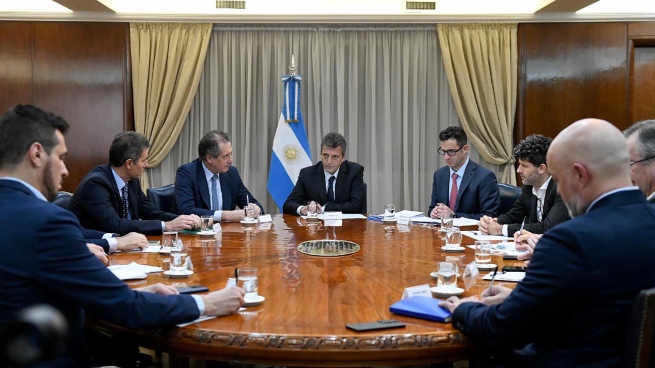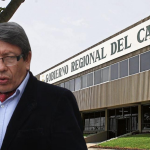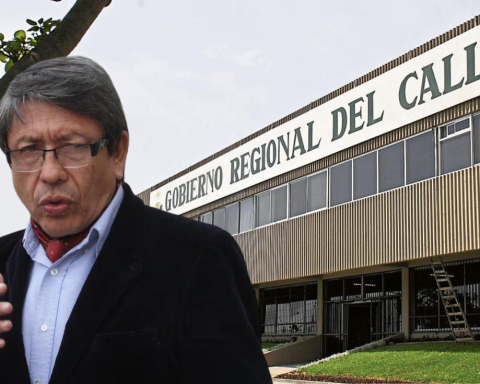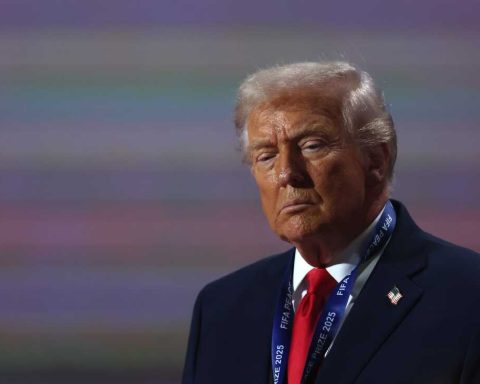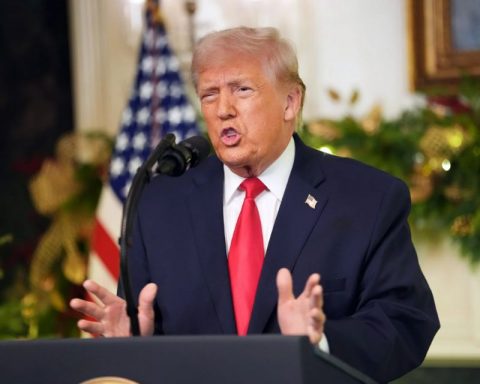The Minister of Economy, Sergio Massa; the head of the Central Bank, Miguel Ángel Pesce; and the Secretary of Commerce, Matías Tombolini; they met with representatives of food, beverage and personal care products companies to strengthen joint work around ordering prices, supply and predictability in imports.
During the meeting, held in the Scalabrini Ortiz room of the Palacio de Hacienda, the officials took note of the proposals made by the companies and highlighted the ccommitment of the national government with the productive sectors to bring relief to the table of the Argentines, said sources from the Palacio de Hacienda.
In this framework, from the private sector they reviewed what will be the production strategies for next year, what are the needs to improve and increase that production and what are the strategies to improve export volumes.
Agustín Llanos (Molinos), Carlos Agote (Mastellone), Gabriela Bardin (Procter & Gamble), Esteban Agost Carreño (Coca Cola), Gonzalo Fagioli (Quilmes), Adrián Kaufmann (Arcor), Laura Barnator (Unilever) participated.
Sources from the Ministry of Economy said that this meeting “is a starting point with the main food, beverage and personal care companies to talk about ordering prices, supply and predictability in terms of imports.”
“This is a government that listens but also asks for a commitment from the productive sectors to bring relief to the table of Argentines,” sources added.

For its part, from the Coordinator of the Food Products Industries (Copal) They underlined the “indisputable contribution of the sector in terms of foreign exchange” to face the shortage of reserves, taking into account the clear surplus balance of said trade balance.
They also expressed the need to actively participate in the search for solutions that benefit the industry and the development of the countryworking primarily around three axes: price regulation, intersectoral work to guarantee supply and manage access to foreign exchange.
“Export is the main tool to generate foreign exchange in a genuine way. However, the persistence of the inconveniences that in this situation are presented in the operation of foreign trade, condition the possibilities of growth of our production and exports”, said the thead of Copal, Daniel Funes de Rioja, after a working lunch that the chamber of food companies held with Tombolini this noon.

“In a context of high levels of inflation and clear macroeconomic instability, this is not only detrimental to the food and beverage industry and consumption, but also to the country’s own level of competitiveness,” said the also head of the UIA .
“It is important that the discussions take place from a clear and comprehensive point of view. We have the will and the commitment to create spaces for dialogue and joint work that allow us to address the different challenges that arise on the agenda,” Funes de Rioja concluded. .
